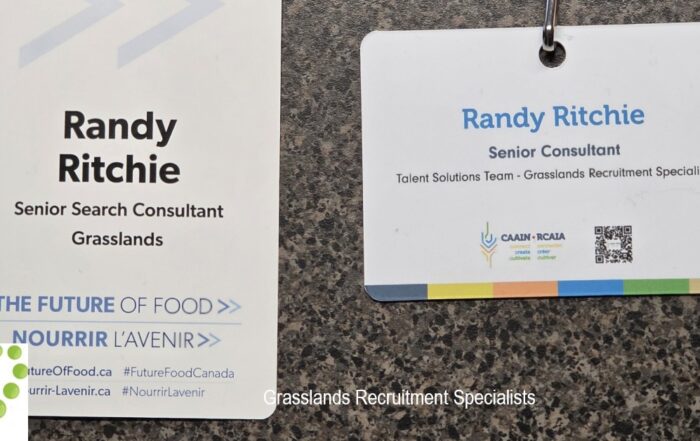Getting a job offer is exciting—but it’s also a moment for careful consideration. Whether you’re ready to accept, unsure about the details, or thinking about negotiating, how you respond can shape your relationship with a potential employer.
Here’s how to evaluate your options and respond with confidence.
✅ Step 1: Evaluate the Entire Offer
Before you focus on salary, take a broader look at the full compensation package and how well it aligns with your goals.
Consider:
-
Salary and bonus structure
-
Benefits (health, dental, RRSP matching, vacation, etc.)
-
Schedule flexibility or remote options
-
Commute or potential relocation
-
Company culture and team fit
-
Growth potential and long-term stability
Tip: Ask yourself, “Will this role support my lifestyle, values, and professional development?”
🗣 Step 2: Ask Questions if You’re Unsure
You’re not obligated to say yes (or no) right away. If something’s unclear, ask! It shows thoughtfulness and professionalism.
Examples:
-
“Can you tell me more about the performance review process?”
-
“How is success measured in the first 6 months?”
-
“Is there room for flexibility in the start date or compensation?”
✍️ Step 3: Decide How to Respond
If you’re ready to accept:
Do it promptly and in writing. Express gratitude and excitement, confirm the key terms, and ask about next steps.
If you want to negotiate:
Pick one or two priorities to focus on—often salary, vacation, or remote flexibility—and present your request respectfully and with rationale.
Example:
“I’m very excited about the opportunity and the team. Based on my research and industry benchmarks, I was hoping we could explore a salary in the range of $X.”
If you’re declining the offer:
Be gracious. Keep the door open. You never know when paths might cross again.
Example:
“Thank you for the opportunity. After careful consideration, I’ve decided to pursue another direction. I truly appreciate your time and the chance to learn more about your team.”
⏳ Step 4: Be Timely and Professional
Most employers will give you a few days to consider the offer—just make sure you don’t leave them hanging. If you need more time, ask for it respectfully and with a clear timeline.
Tip: Ghosting is never a good strategy. Even if the answer is no, a thoughtful reply preserves your reputation.
Final Thought
A job offer isn’t just a “yes” or “no” decision—it’s a chance to make sure the opportunity fits your needs and goals. Take the time to evaluate, ask, and respond in a way that reflects your values and professionalism.
Share This Story, Choose Your Platform!
Canada’s Agri-Food Moment: Innovation, Policy and Talent in 2026 and Beyond
Canada’s agri-food sector is standing at a pivotal moment. In Ottawa, leaders from industry, government, academia, and investment gathered for the Future of Food in Canada conference and related sessions connected to the Canadian Agri-Food READ MORE-->
Balancing Passion and Practicality: How to Build a Meaningful Ag Career Without Burning Out
Agriculture attracts people who care deeply about what they do. It is more than a job. It is an industry built on purpose, relationships, and long-term impact. Many agricultural professionals enter the field because READ MORE-->

